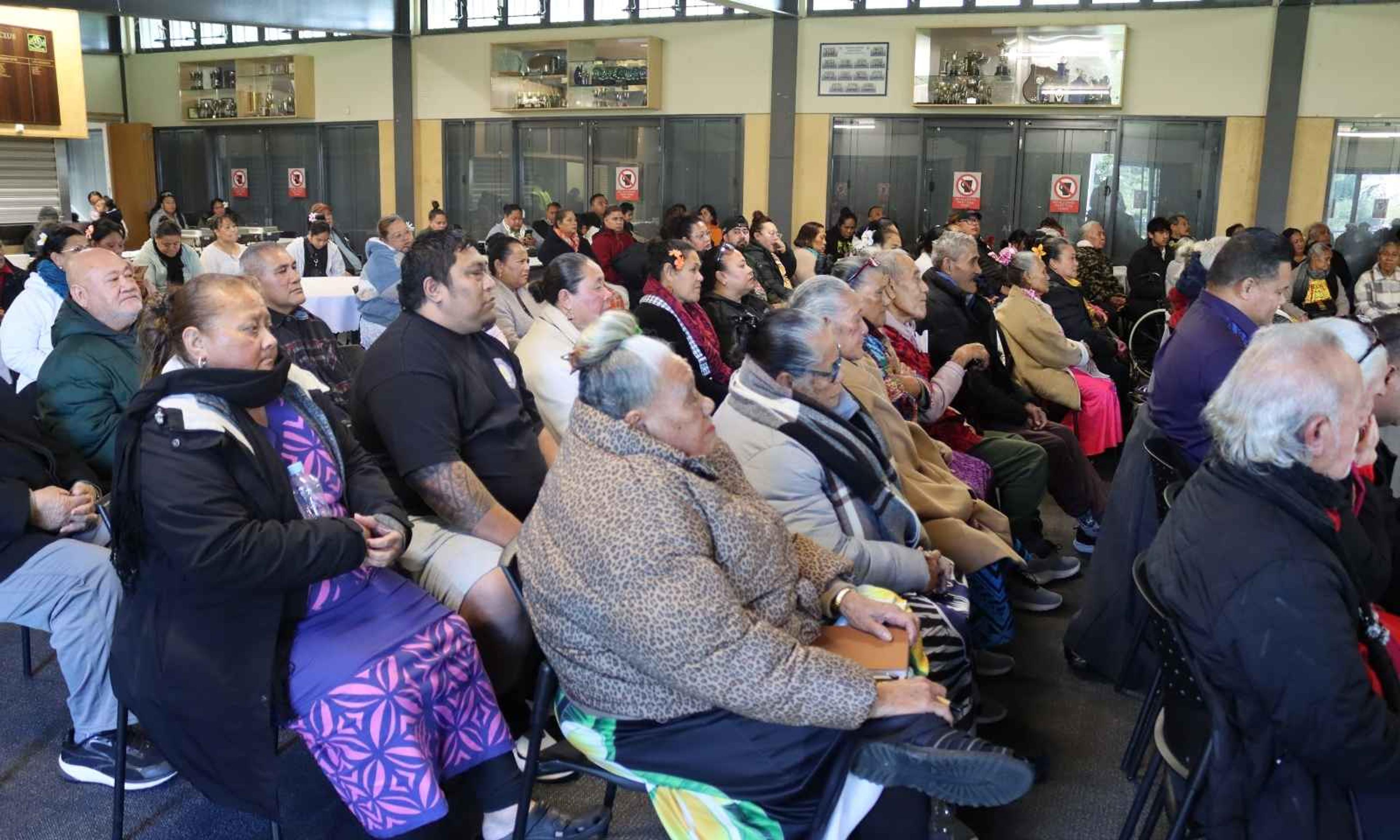

Brianna Fruean says it's important that she is the first Pacific person to win the Global Citizens Award for her climate change activism.
Supplied
First Samoan woman wins prestigious award for climate change activism
Brianna Fruean, who’s won a prestigious global award for climate change activism, says being the first Pacific islander to win is important.


One million children in the Pacific without a birth certificate - SPC

Tongan royals on historic visit to Fiji, strengthening ties and celebrating heritage

Still got it: 71-year-old athlete inspires at Pacific Mini Games

Major celebration in Manurewa marks restoration of Sāmoa citizenship rights

One million children in the Pacific without a birth certificate - SPC

Tongan royals on historic visit to Fiji, strengthening ties and celebrating heritage

Still got it: 71-year-old athlete inspires at Pacific Mini Games
Brianna Fruean says being the first Pacific person to win a prestigious international award for her climate change activism is important.
24-year-old Fruean was presented with the Global Citizen Award in New York last week for her work in climate change alongside other activists from around the globe.
“Around the world, there’s been great winners from activists to artists over this prize but never a Pacific islander and specifically one for Oceania went to an islander and I think that was really important to me.”
She says it’s a way for Pacific island leadership to be recognised on the global climate change action stage.
The Global Citizen Prize recognises people defending the planet, defeating poverty and demanding equity, focusing on climate change, empowering adolescent girls and breaking down systemic barriers that keep people in poverty.
Furean was born in New Zealand but was brought up in Samoa where she noticed first-hand the effects climate change was having on the island’s fisheries sector.
“On Sundays, I’d go to the fish market with my dad, and you can just see all the different colours of fish available.
"You can see the fishermen they knew what they were doing, because they’ve been doing this type of work within their families for generations.”
She says changes in the Samoan climate has meant the fish catch is losing its colour vibrancy and getting a lot smaller.
“You can even talk to the fisherman and they’ll tell you that they’ve got to go further out into the sea because the ocean is getting warmer, so the fish that would normally be closer to them have to go deeper to find the right temperature for them”.
This means fisherman would use more fuel, which makes climate change worse, some having small boats can’t even make it out that far, she says.
“So they’re having a really difficult time with their livelihood. That’s just fisheries.”
Fruean says an increasing number of natural disasters, cyclones and flooding across Samoa and New Zealand are a sign of worsening climate change.
“My mum experienced her first cyclone at 19. A nine-year-old [today] would have experienced seven [already] in their lifetime. You can see a change in extreme weather and weather patterns becoming more unpredictable.”
Fruean says funding is needed to help tangible small-scale projects that reduce carbon emission in places like Samoa. She says conversations among Pacific people in New Zealand and in the islands are needed. It needs to be made more accessible with the funding.
“With youth groups there that are doing adaptation measures, and so people who are changing the curriculum in their local village schools,” Fruean says.
She would like to see school students learn more about climate change through other subjects, not just science, including having a stand-alone climate change subject taught at schools.
Fruean was part of the consultation process on the New Zealand Ministry of Foreign Affairs' climate change budget strategy, which will be published this month.
“Making the funding accessible, because it’s great to have these large lump sums of money going into climate change but if the actual people on the ground doing the work can’t access it because of red tape then it’s not working.”